When does Black Friday end and how long will the deals last?
Black Friday is over for another year, but you might still have time to take advantage of Cyber Weekend sales.

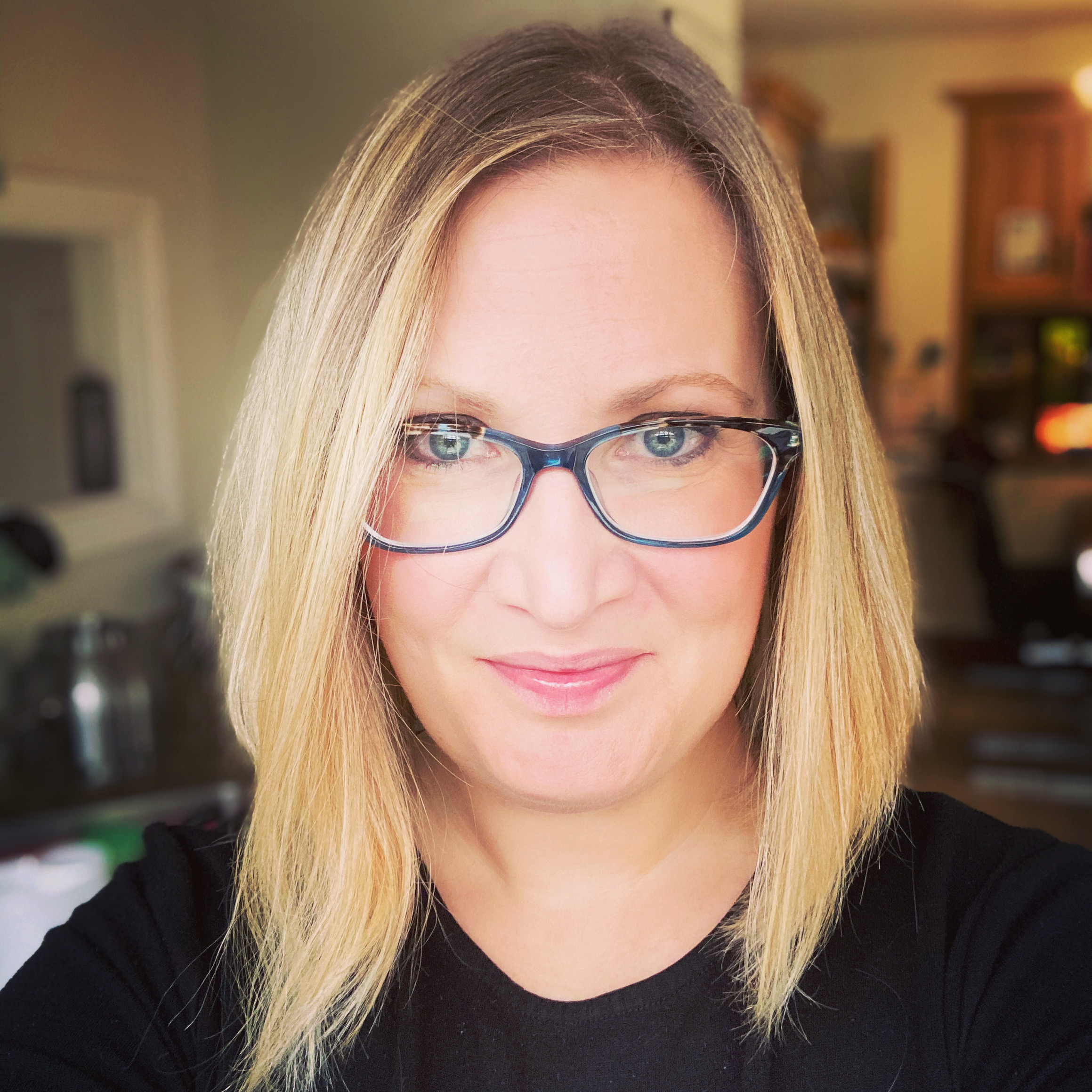
Black Friday ended at midnight on 29th November this year, which was the Friday after Thanksgiving. However, many retailers extended their Black Friday deals through the weekend and into Cyber Monday.
If you're wondering when Black Friday ended and whether you've missed all the deals, you're not alone. What was once a one-day shopping event has transformed into a month-long sale season in 2024, making it trickier than ever to work out exactly how long deals will last.
While Black Friday 2024 officially took place on 29th November, many retailers started the sale season early this year. With so many early deals and prices already slashed across a wide range of products, it was hard to tell how much time you had to grab the best bargains before the sales officially ended. Read on to find out exactly when Black Friday ended and when you need to wrap up your shopping before the last of the Cyber Weekend deals disappear. And if you're debating the merits of shopping on Black Friday vs Cyber Monday or wondering 'Is Cyber Monday worth it?' we've got that question covered too.
Our pick of the best Black Friday and Cyber Monday sales
- Anthropologie: Extra 40% off sale until midnight Tue 3rd December
- Very: Black Friday deals are still dropping
- Argos: Black Friday sale continues until midnight Tue 3rd December
- All Beauty: Up to 65% off continues until midnight Tue 3rd December
- Amazon: Black Friday deals Week finished on 2nd December
- Marks and Spencer: 30% off sale is over but some offers continue
- Sephora: Up to 30% off Black Friday sale is over for another year
- Oliver Bonas: Black Friday discounts are over until next November
What date is Black Friday?
Black Friday fell on 29th November in 2024. Shoppers in the UK expressed confusion about the date this year because so many retailers launched Black Friday sales early, extending the deals event from a single day into an epic month-long shopping spree. To confuse things further, the date changes every year because Black Friday takes place the day after Thanksgiving, which is celebrated on a different date each year in the United States - the fourth Thursday of November.
What is Black Friday 2024?
Black Friday is an annual sales event that takes place on a different date in November each year. It has grown in popularity in the UK in recent years. Before that, it was primarily a US-focused sale event, traditionally taking place the day after Thanksgiving.
Some retailers don't participate in Black Friday, but many do, including Amazon, Anthropologie, Nordstrom, Very, LookFantastic, Nars, Selfridges and Trinny London.
How long do Black Friday deals last?
Black Friday was once a 24-hour sale but in recent years retailers have turned it into a much longer sale season, with deals lasting for days and even weeks throughout November and into December.
Sign up for the woman&home newsletter
Sign up to our free daily email for the latest royal and entertainment news, interesting opinion, expert advice on styling and beauty trends, and no-nonsense guides to the health and wellness questions you want answered.
Increasingly, retailers are extending their Black Friday sale periods and introducing discounts in advance of Black Friday. Some begin their promotions just a couple of days before, but many start slashing prices weeks in advance of the official date. Some retailers even run a month-long Black Friday event. The length of the sale period varies between retailers.
You can expect most retailers to offer deals for at least four days, launching on Black Friday itself, then running throughout the weekend and ending on Cyber Monday, which fell on 2nd December this year. It's worth noting that many deals will end when items are out of stock.
When does Black Friday end?
Black Friday officially ended at 11:59 PM on 29th November but most retailers continued offering deals throughout the weekend and into Cyber Monday, which fell on 2nd December this year. To avoid missing out, it's advisable to snap up a deal as soon as you spot it because there's no guarantee that stocks will last during Cyber Weekend, especially on very popular items.
How often is Black Friday?
Black Friday deals happen once a year in November. In addition to Black Friday, many retailers host a significant summer sale as well as one in January, and you'll often find end-of-season clearance items available on retailers' websites throughout the year. However, Black Friday is unofficially the biggest sale event of the year for most major retailers.
Why is it called Black Friday?
The modern use of the term Black Friday to describe the day after Thanksgiving originated in the 1950s in Philadelphia, Pennsylvania, when huge numbers of shoppers and football fans descended upon the city, creating heavy traffic. Law enforcement officers - forced to work longer hours to accommodate the crowds -began referring to this chaotic day as Black Friday.
By the late 1980s, retailers had also begun using the term to describe a notable shift in financial status from the red (indicating losses) to the black (indicating profits) due to this annual day of peak shopping activity.
When is Cyber Monday?
Cyber Monday took place on Monday 2nd December 2024, and saw prices slashed on a wide range of products until 11:59 PM that day. Some retailers extended their sales by an extra day until midnight on Tuesday 3rd December 2024.
What is Cyber Monday?
Cyber Monday is the Monday immediately following Black Friday which marks the last official day of Black Friday sales. Historically, Black Friday deals were in-store-only discounts, with retailers then slashing online prices the following Monday, earning it the name Cyber Monday. That distinction no longer applies since most retailers offer online shopping as standard, but the name Cyber Monday has stuck to signify the last day of deals before Black Friday ends.
What is Cyber Monday for?
In the past, Cyber Monday was the day when retailers offered exclusive discounts for online shoppers following the main in-store price cuts on Black Friday. Today, there's little difference between Black Friday and Cyber Monday sales.

Heidi is a seasoned lifestyle journalist with almost 20 years of experience. Before joining Future in 2021, she enjoyed a successful freelance career that spanned more than 15 years. During this time, Heidi achieved bylines in most of the UK's national newspapers, including The Guardian, The Times, and The Telegraph, and wrote for a wide variety of print and digital magazines, including Psychologies, Red, Glamour and Mother & Baby, where she was Shopping Editor for six years. Heidi specialises in consumer content including buying guides, product reviews and gift guides that solve every 'what to buy for...' problem you can think of.
-
 Tight hips? These 4 stretches can help improve your mobility and feel amazing
Tight hips? These 4 stretches can help improve your mobility and feel amazingStretches for tight hips mean better hip mobility and flexibility. It might not sound like a lot, but these two small adjustments help make daily life easier
By Grace Walsh
-
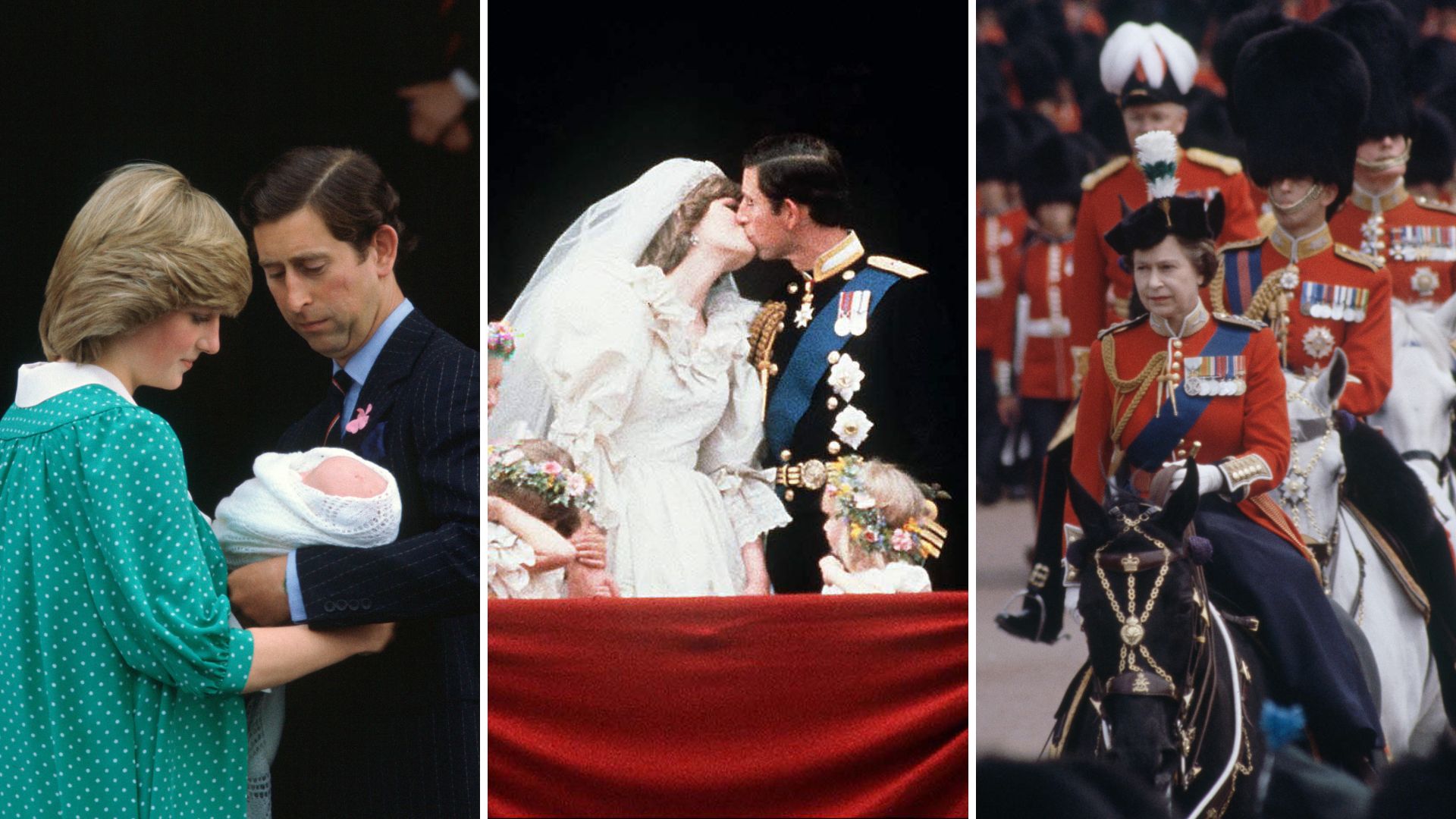 The most decade defining royal moments of the 80s - from Princess Diana fever, royal births and Queen Elizabeth II's historic firsts
The most decade defining royal moments of the 80s - from Princess Diana fever, royal births and Queen Elizabeth II's historic firstsA lot happened in the 80s, and we don't just mean leg warmers and the rise of Madonna
By Jack Slater
-
 Zara Tindall braves winter chill looking cool and cosy in coveted adidas trainers and duvet-style coat
Zara Tindall braves winter chill looking cool and cosy in coveted adidas trainers and duvet-style coatZara Tindall took part in the final leg of the Cycle4Caroline Endurance Charity Cycle Challenge and wrapped up warm in this ensemble
By Emma Shacklock
-
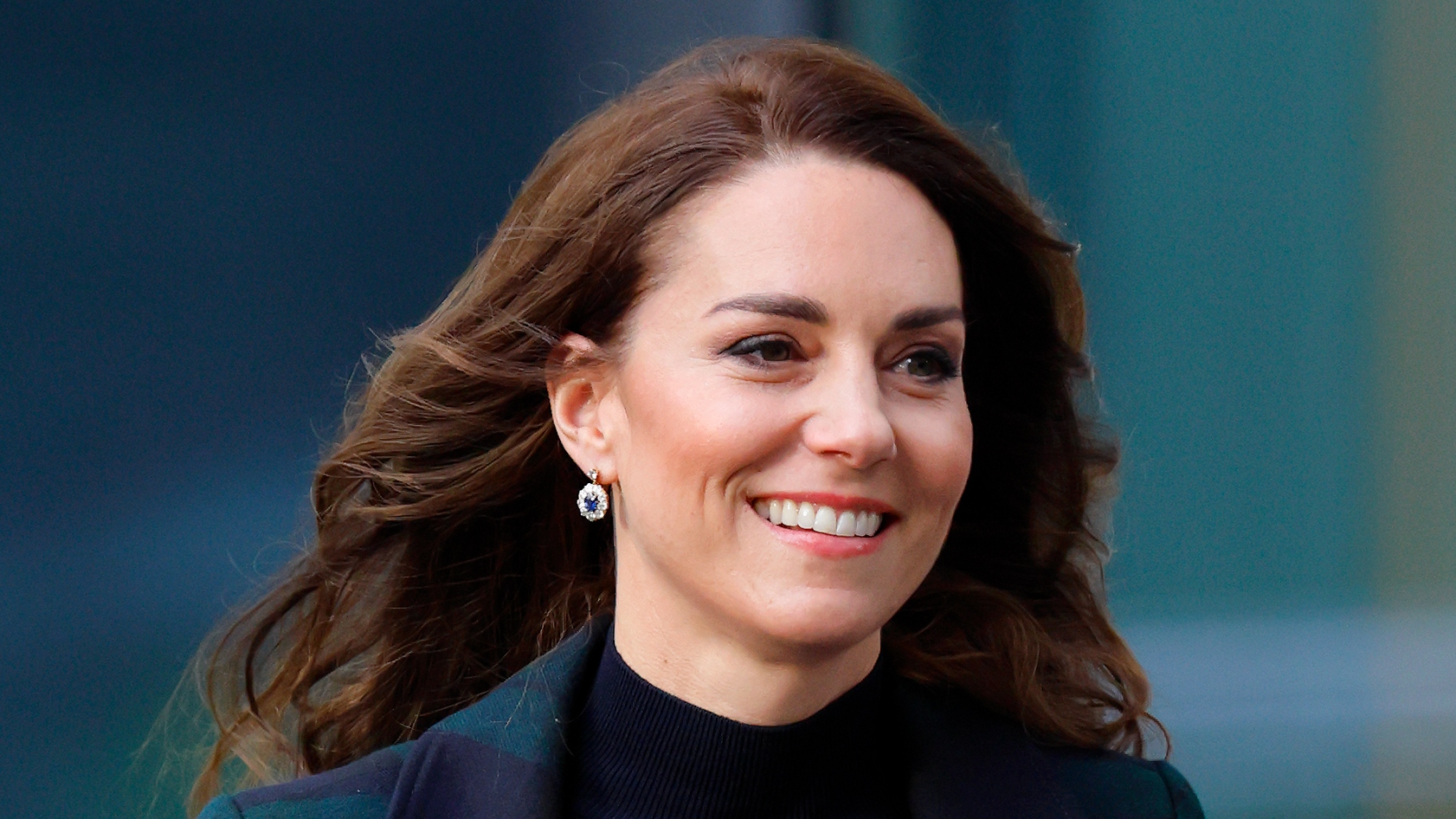 Kate Middleton’s Ugg boot days might be behind her but these rare pictures reminded us how timeless they are
Kate Middleton’s Ugg boot days might be behind her but these rare pictures reminded us how timeless they areThe Princess of Wales once stepped out in a pair of cosy beige Uggs and it shows that these classic boots will always come back in style
By Emma Shacklock
-
 We can't quite believe Kate Middleton's delicate gold earrings are only £18
We can't quite believe Kate Middleton's delicate gold earrings are only £18If you've been looking for the perfect affordable everyday earrings then the Princess of Wales's Orelia hoops are a gorgeous choice
By Emma Shacklock
-
 Looking for a new pair of comfy white trainers? Duchess Sophie’s Puma trainers are the lowest price they’ve been for months
Looking for a new pair of comfy white trainers? Duchess Sophie’s Puma trainers are the lowest price they’ve been for monthsThe Duchess of Edinburgh loves the Puma Carina L trainers and these versatile shoes are now under £30, making them much more affordable
By Emma Shacklock
-
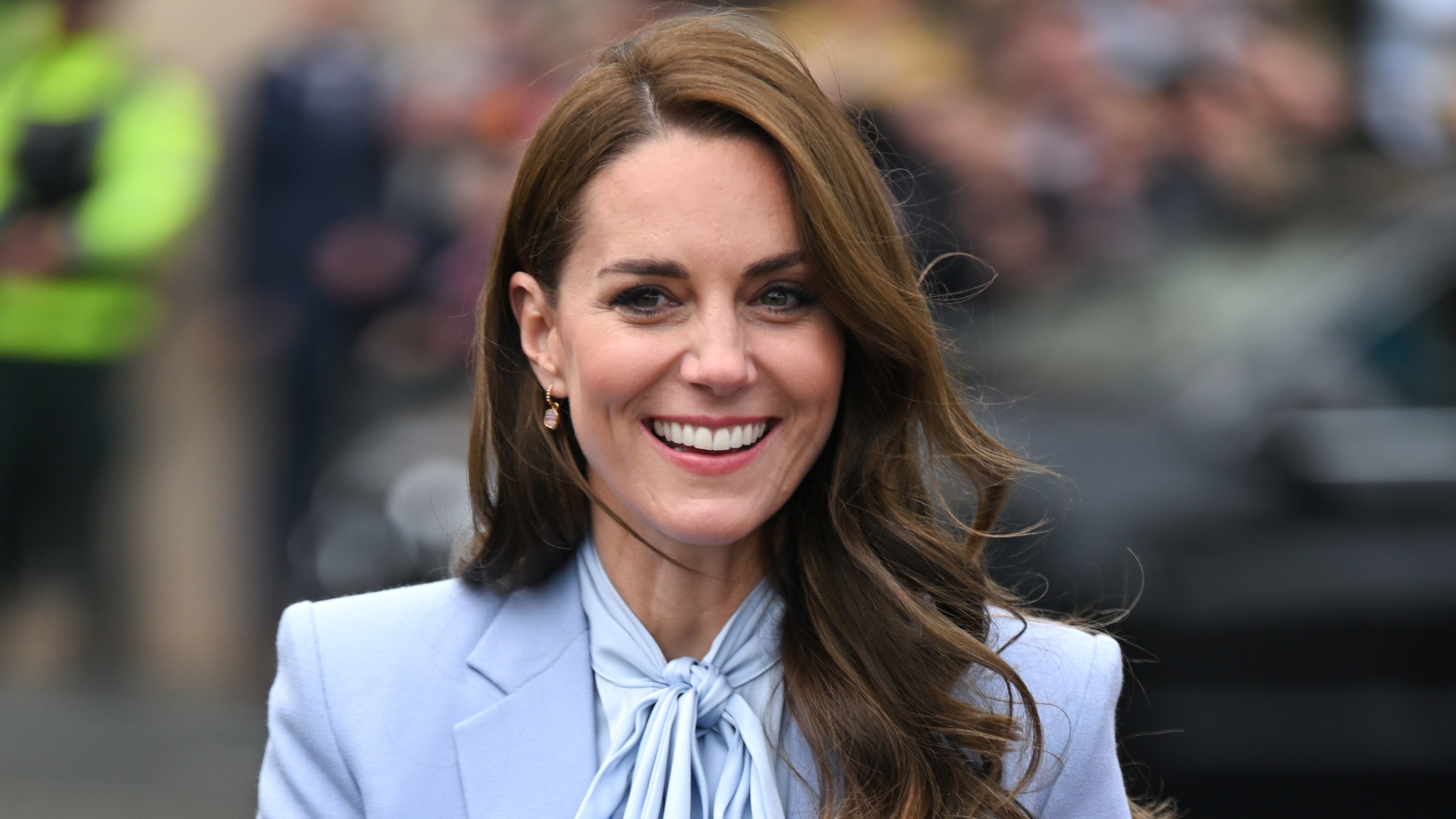 It's finally time for us to buy Kate Middleton's exact earrings we've admired for years
It's finally time for us to buy Kate Middleton's exact earrings we've admired for yearsThe Princess of Wales's Missoma hoop earrings are something we've been eyeing up for ages and they're now in the sale
By Emma Shacklock
-
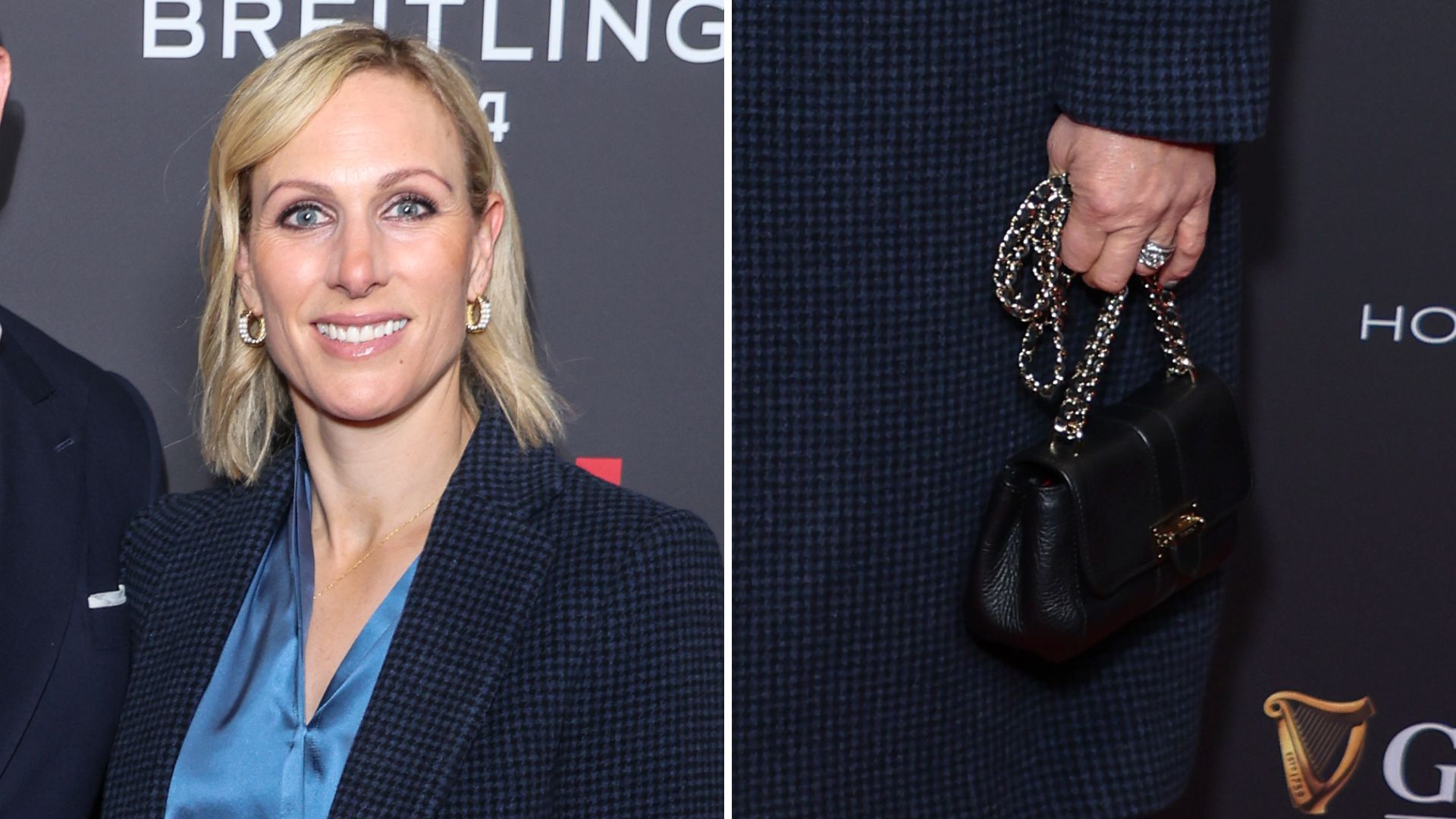 Zara Tindall’s gorgeous designer bag is under £200 - this investment accessory looks chic for any occasion
Zara Tindall’s gorgeous designer bag is under £200 - this investment accessory looks chic for any occasionZara Tindall and the Princess of Wales are both huge Aspinal fans and so many of their favourite styles are discounted right now
By Emma Shacklock
-
 Kate Middleton’s favourite lip-gloss is on sale - if it’s good enough for a Princess, we have to try it
Kate Middleton’s favourite lip-gloss is on sale - if it’s good enough for a Princess, we have to try itThe Princess of Wales was spotted using this particular Clarins lip product while she watched Wimbledon back in 2019
By Emma Shacklock
-
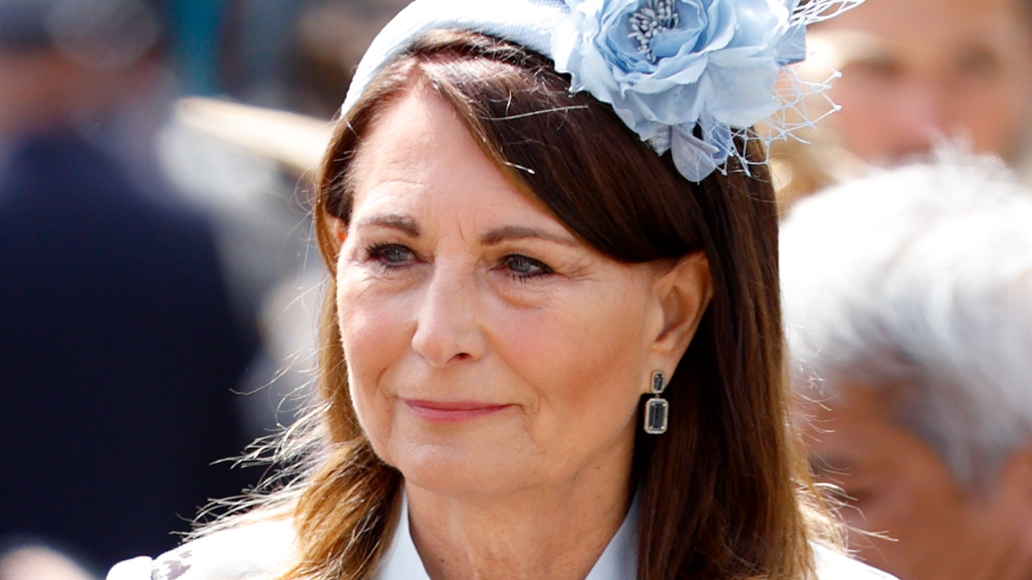 Carole Middleton’s high-waisted jeans and shimmering satin shirt are a match made in festive styling heaven
Carole Middleton’s high-waisted jeans and shimmering satin shirt are a match made in festive styling heavenCarole Middleton's pre-Christmas look brought together smart-casual staples and it would be the perfect low-key party outfit
By Emma Shacklock